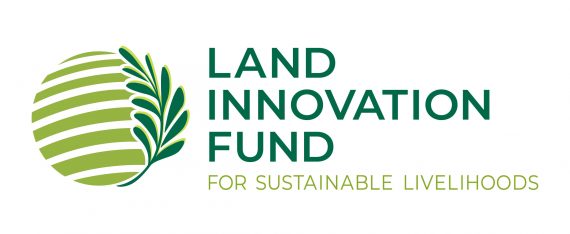
Foreign markets are increasingly demanding that commodities imported from Brazil are free from deforestation (legal or illegal) and consequently from associated biodiversity loss and climate emissions. Increasing production through direct or indirect deforestation can bring several consequences for Brazil’s environmental standing and damaging repercussions for its agribusiness sector and market access. There is a growing debate about how to encourage farmers to conserve natural areas beyond the legal requirements of the Native Vegetation Protection Law (LPVN).
Farmers are the ultimate decision-makers about the types of production and land use patterns that can improve environmental quality, such as maintenance of native vegetation surplus; restoration of degraded areas to comply with or exceed the minimum legal required by the Brazilian Forest Code legislation (FC); and adoption of sustainable practices. Their decisions depend on external (i.e. institutional arrangements, regulation, financial incentives) internal (i.e. motivations, capability), and social (i.e. norms) factors. Therefore, to design efficient policies to encourage changes in land use standards, it is necessary to understand how farmers can react to different possible configurations of incentive strategies and the forces that shape behaviors.
Bearing these issues in mind, the IIS will develop the project “Incentives and interventions for behavior-based policies for a soy production chain free of deforestation and conversion in the Cerrado”. Focusing on the Cerrado biome and expected to last until 2025, the project will use behavioral sciences to map criteria that influence soy producers in decision making regarding land use and to design mechanisms based on their behavior that encourage the conservation and restoration of vegetation and adoption of sustainable agricultural practices. 4 phases are planned:
- Assess Cerrado´s soy producer behavior to identify the main causes that influence land use change and to develop a hypothesis about the causes and motivations of these behaviors.
- Design incentives and interventions to eliminate deforestation from the Cerrado soy supply chain by incorporating behavioral science principles to address human behavioral anomalies.
- Test potential solutions, measuring farmers’ preferences and willingness to accept incentives for conservation and restoration of native vegetation and the extent to which this can be enhanced by interventions and behavioral effects when applying a choice experiment with farmers.
- Inform private, public and multilateral policies on how to implement, scale up, and monitor behavior-based interventions and incentives for conservation, restoration, or agricultural expansion of neutral soy. Analyze the costs and benefits of the proposed solutions and define the operationalization of the incentive to develop a step-by-step plan for its implementation, expansion and monitoring.
This project was one of seven selected in the second call for funding from the Land Innovation Fund (LIF) for South America, an innovation promotion fund created to seek solutions to deforestation. LIF supports initiatives that promote a sustainable soy supply chain free of deforestation and conversion of native vegetation that generate positive economic and socio-environmental impact in three priority biomes in South America: Cerrado, Gran Chaco, and Amazon.
Back to Projects


